Phoenician family tomb discovered in Israel. Archaeologists have discovered the remains of an entire Phoenician family buried together in a tomb in Achziv, an ancient population center on the Mediterranean coast near the northern city Nahariya.
Archaeologists have discovered the remains of an entire Phoenician family buried together in a tomb in Achziv, an ancient population center on the Mediterranean coast near the northern city Nahariya.
In 2017, a joint team from Jerusalem’s Hebrew Union College and France’s Lyon University uncovered the bodies of a man, woman and small child in an approximately 2,800-year old cist-grave, a burial site surrounded by rocks and covered with stone slabs, the Haaretz daily reported Tuesday. The child was between three and five years old.
According to the archaeological team that excavated the tomb, items found buried with the family seem to indicate that they belonged to the city’s upper class. While several other such graves have been uncovered in Achziv over the years, never before has an entire family group been discovered.
The coast around Achziv was the heartland of the Phoenicians, seafaring traders who founded a string of city-states from modern-day Beirut south to Haifa and who are remembered for playing a key role in the spread of written language.
Achziv was an important port city during the Bronze and Iron ages and was razed and reconstructed several times. It was mentioned in the Bible as part of the territory allotted to the tribe of Asher but the Israelites were recorded as having failed to conquer the key city.
Archaeologists have been excavating the site since the period of the British Mandate, revealing burial masks, pottery and other artifacts.
One figurine of a woman bathing on display at the Israel Museum, discovered in the 1940s and dating back some 2,700 years, has been described as highly evocative of daily life during Biblical times.
Source: Times of Israel


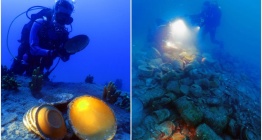
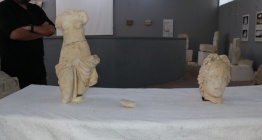
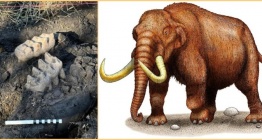
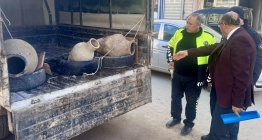

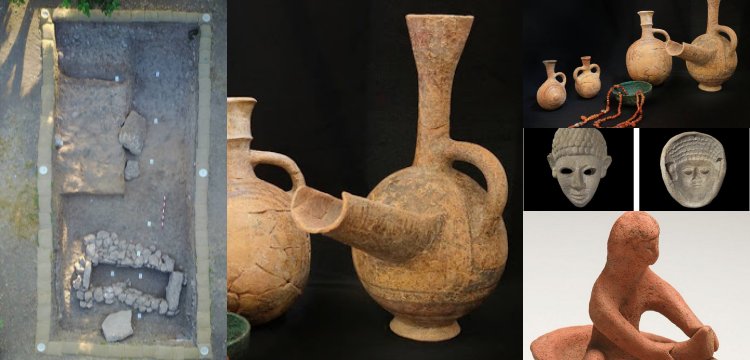
 Bir Sapiens kafilesi Avrupa'ya buz çağında ulaştı, soğuğa direndi ama soyunu sürdüremedi
Bir Sapiens kafilesi Avrupa'ya buz çağında ulaştı, soğuğa direndi ama soyunu sürdüremedi 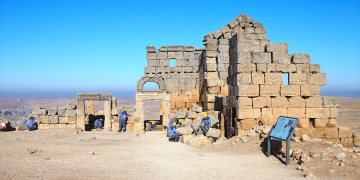 Prof. Dr. Aytaç Coşkun: Zerzevan Kalesi'nin altında bir yeraltı kenti var
Prof. Dr. Aytaç Coşkun: Zerzevan Kalesi'nin altında bir yeraltı kenti var  Arkeologlar 4 Bin yıl önce salyangozların ne amaçla toplandığını çözmeye çalışıyor
Arkeologlar 4 Bin yıl önce salyangozların ne amaçla toplandığını çözmeye çalışıyor  Binbeşyüz yıl önce Balıkesir'de batan tabak yüklü geminin batığı bulundu
Binbeşyüz yıl önce Balıkesir'de batan tabak yüklü geminin batığı bulundu 




